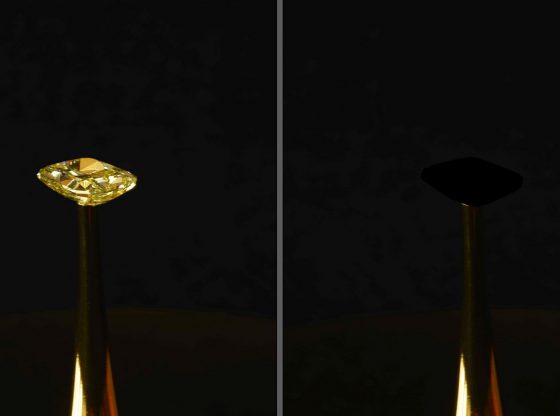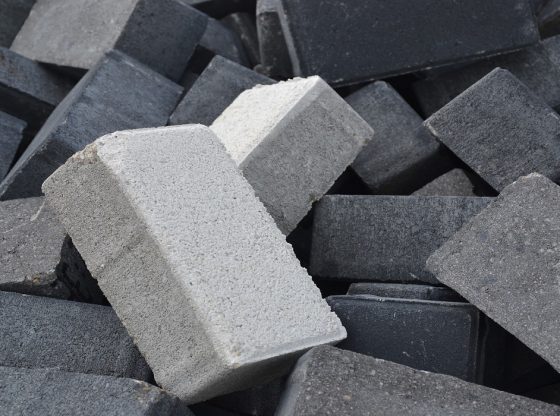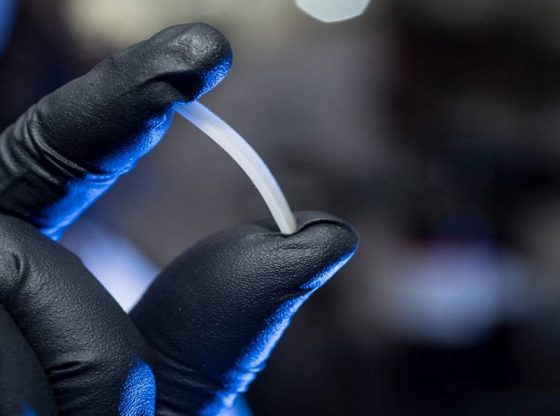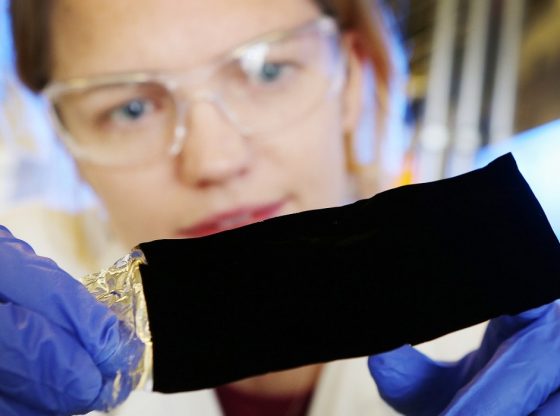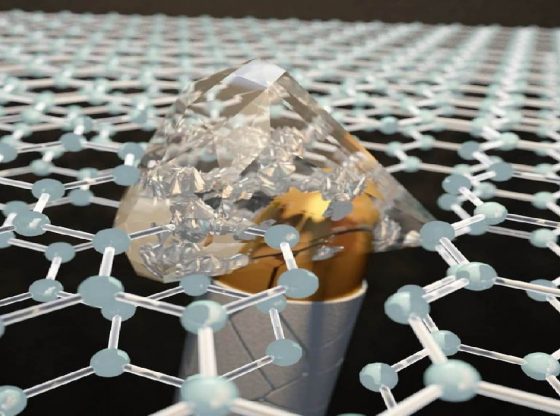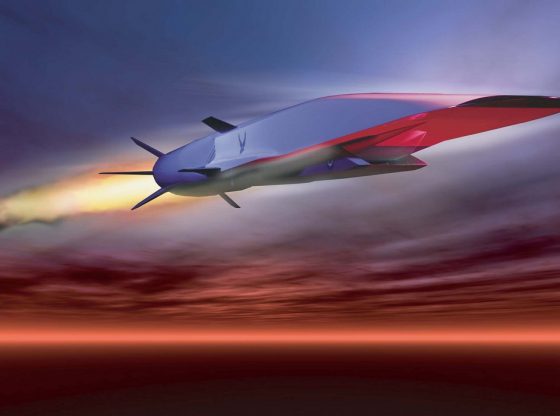
Researchers at Harvard University have created a new kind of substance by compressing hydrogen. As everyone knows, hydrogen is normally a gas, but the researchers have managed to compress it to such a degree that it has formed into a new solid state forming a new compound called ‘Metallic hydrogen’.
“This is the holy grail of high-pressure physics,” Harvard physicist Isaac Silvera, one of the study’s authors, said. “It’s the first-ever sample of metallic hydrogen on Earth, so when you’re looking at it, you’re looking at something that’s never existed before.”
– Isaac Silvera, who is Thomas D. Cabot Professor of the Natural Sciences at Harvard.
To achieve this feat, Prof Silvera and post-doctoral fellow Ranga Dias squeezed a tiny hydrogen sample at more than 71.7 million pounds per square inch (32.5 million kg per 6.5 square cm), greater than the pressure at the center of the Earth.
Metallic hydrogen is a phase of hydrogen in which it behaves like an electrical conductor and it could be used as a superconductor. That is if we ever manage to produce it in large enough quantities.
It is believed that metallic hydrogen is present in large amounts in the gravitationally compressed interiors of Jupiter, Saturn, and exoplanets.


